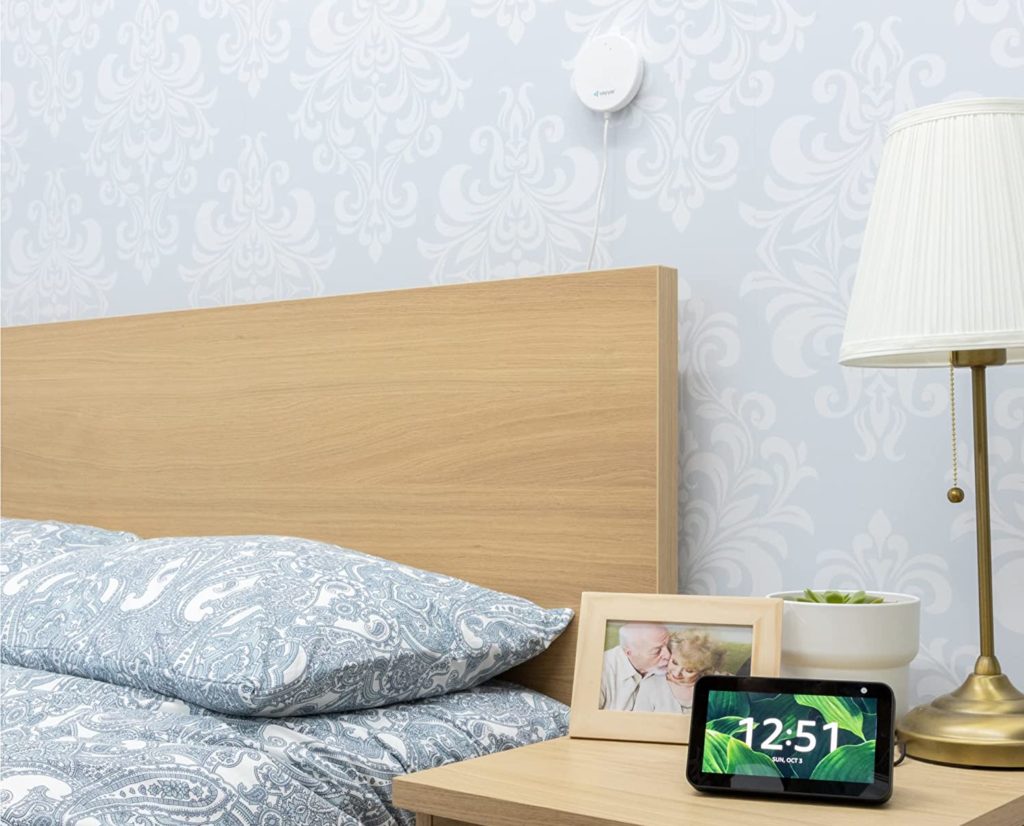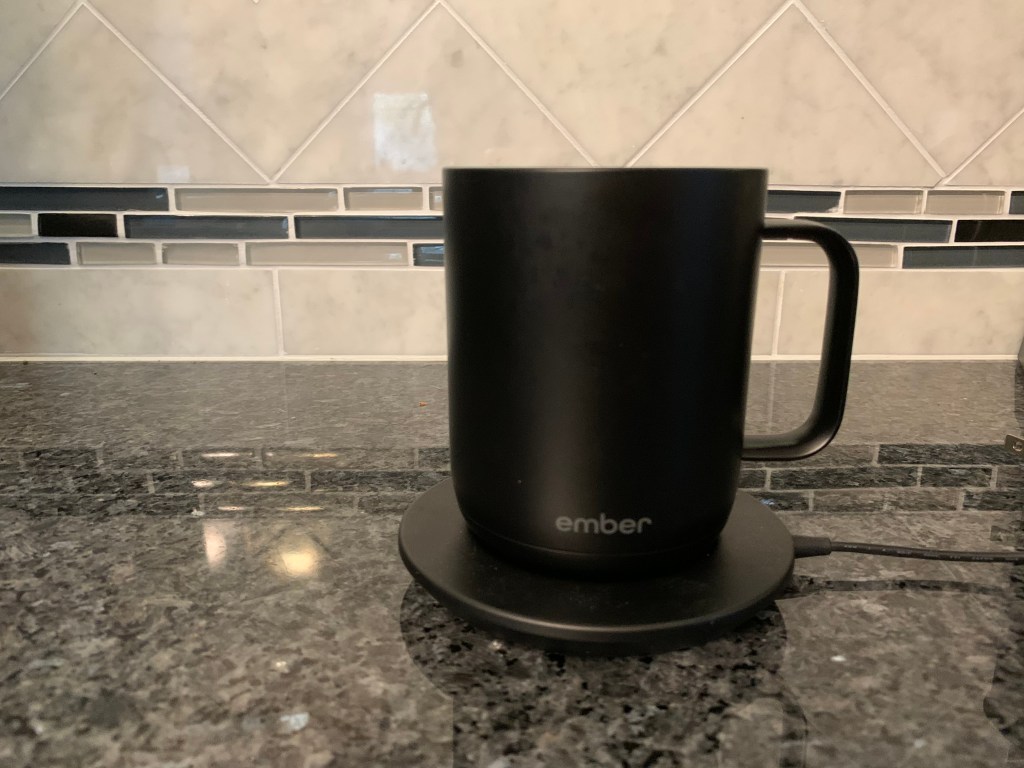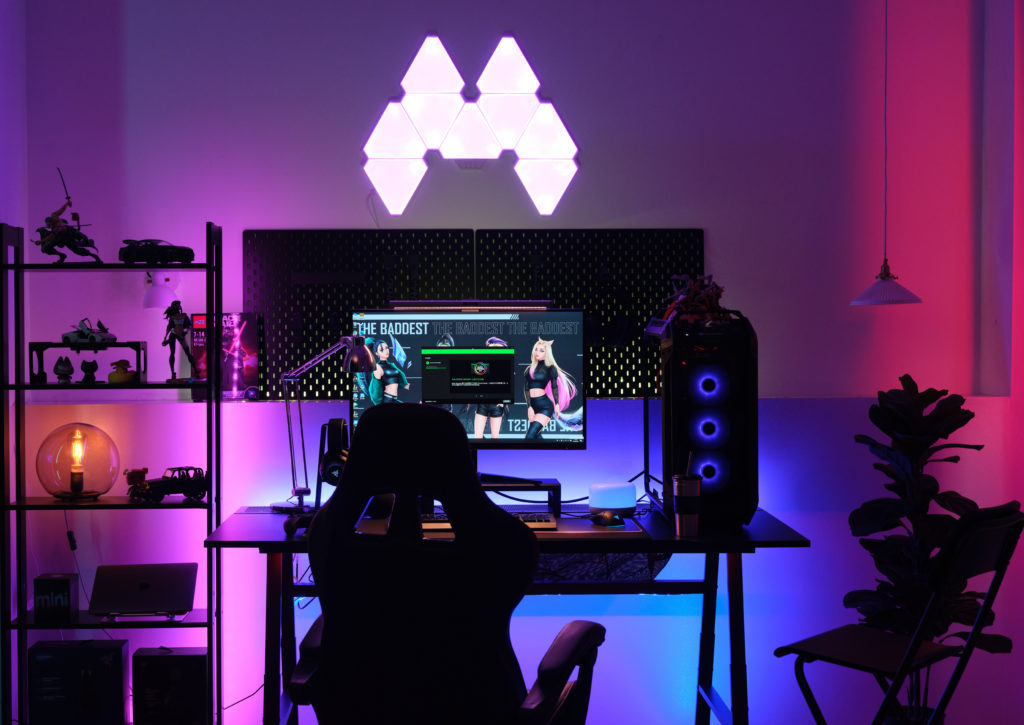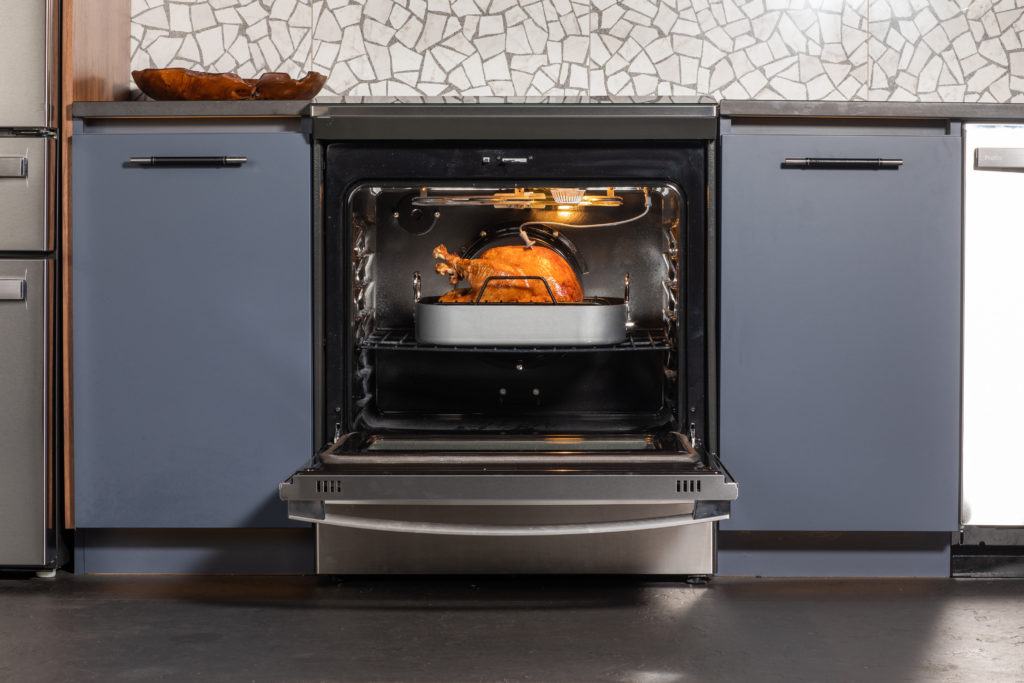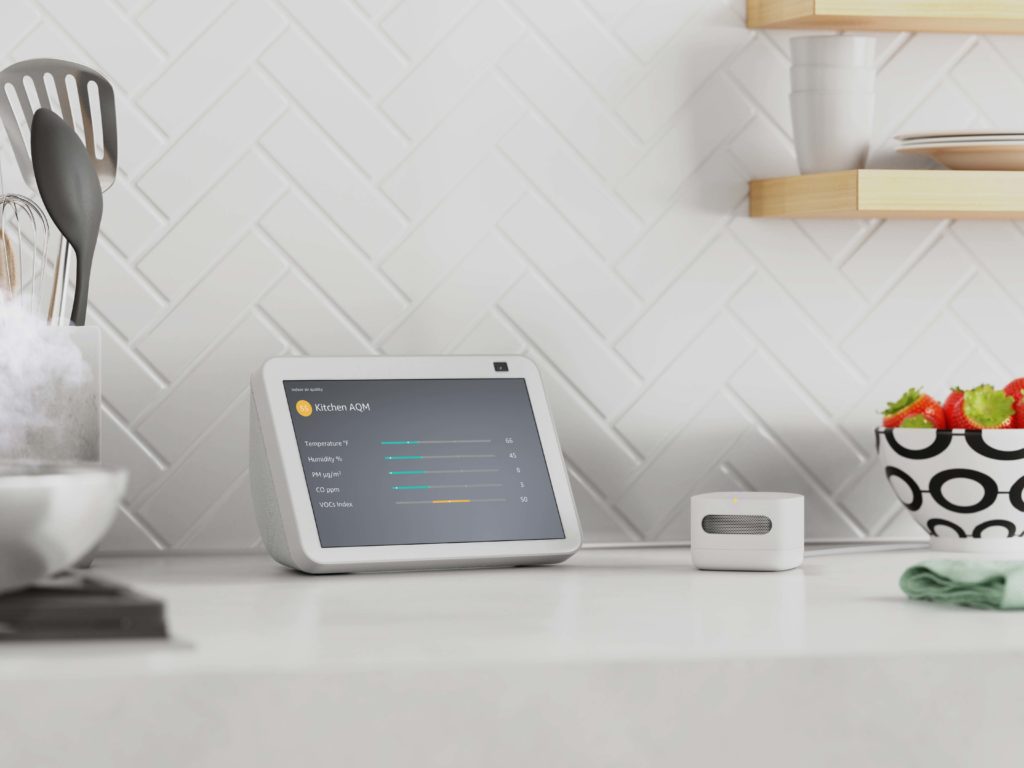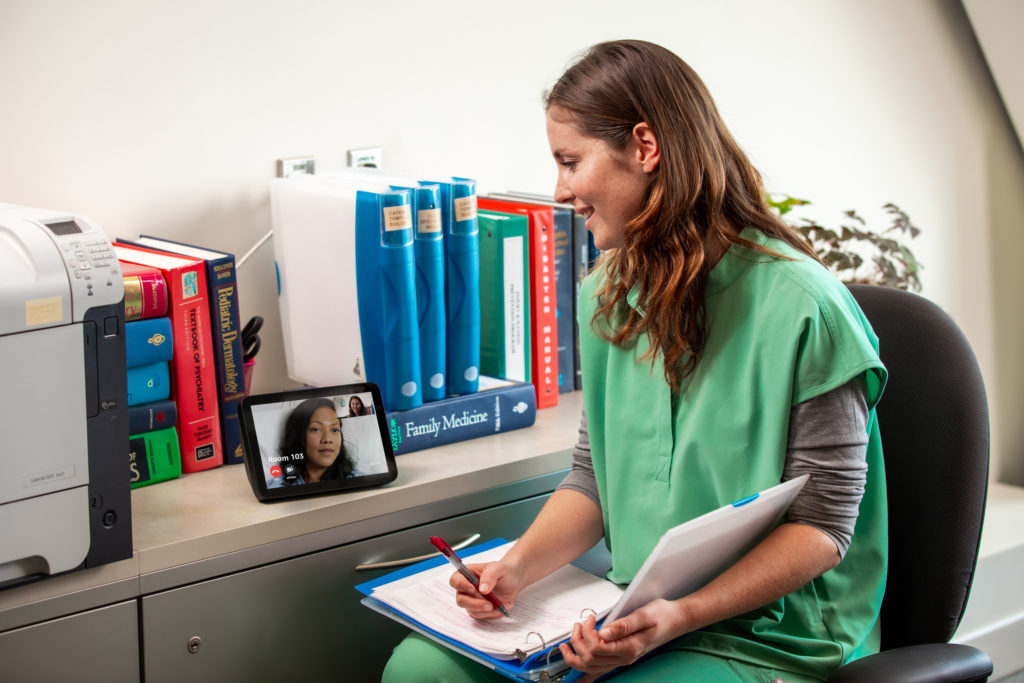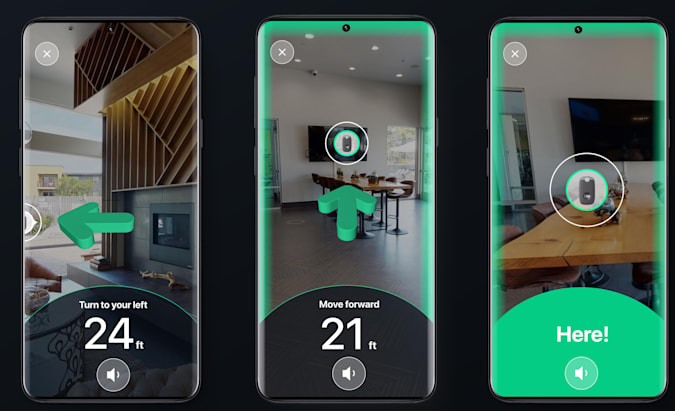What happens when the smart home meets the metaverse? We talk about the potential for better user interfaces and home mapping if we build digital twins of the home in a metaverse, while also discussing the potential of UWB to expand the amount of information contained in that digital twin. Then we discuss an excellent article on the Matter protocol and a new chip for Matter devices before noting Samsara’s successful public offering. In some anti-consumer news, Toyota is disabling features in its radio-controlled keyfobs unless people pay a subscription, leading us to wonder how we assess value in software as compared to hardware. We then look at LoRaWAN coverage maps for the combined Helium and Senet network, a new deal in the satellite IoT sector. Finally, we answer a listener question about Shelly RGBW modules for lighting and Home Assistant.
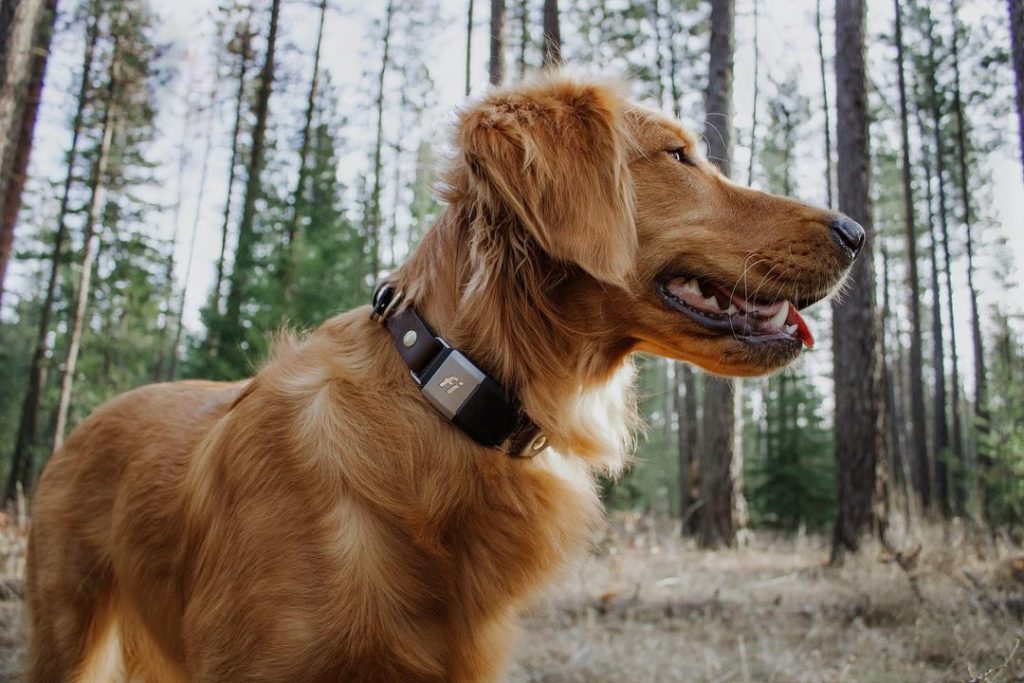
This week’s guest is Jonathan Bensamoun, the CEO and founder of Fi, a maker of a connected dog collar. We discuss the product and why people buy a connected collar. Then we cover the connectivity options and why the Fi collar uses cellular as opposed to some of the other low-power wide-area networks such as Amazon’s Sidewalk. Lastly, we talk about subscription options and how to build a plan that works for your audience. Whatever Bensamoun is doing works, because 93% of people who buy the collar subscribe to the service. That’s amazing! Enjoy the show.
Hosts: Stacey Higginbotham and Kevin Tofel
Guest: Jonathan Bensamoun, the CEO and founder of Fi
Sponsors: Twilio and Silicon Labs
- Does the metaverse have a role in the smart home?
- How UWB can help make the smart home better
- Where there’s LoRaWAN coverage, and where there isn’t
- Why cellular still beats Amazon Sidewalk and LoRaWAN
- How to price a subscription for an IoT device
Podcast: Play in new window | Download | Embed
Subscribe: RSS

